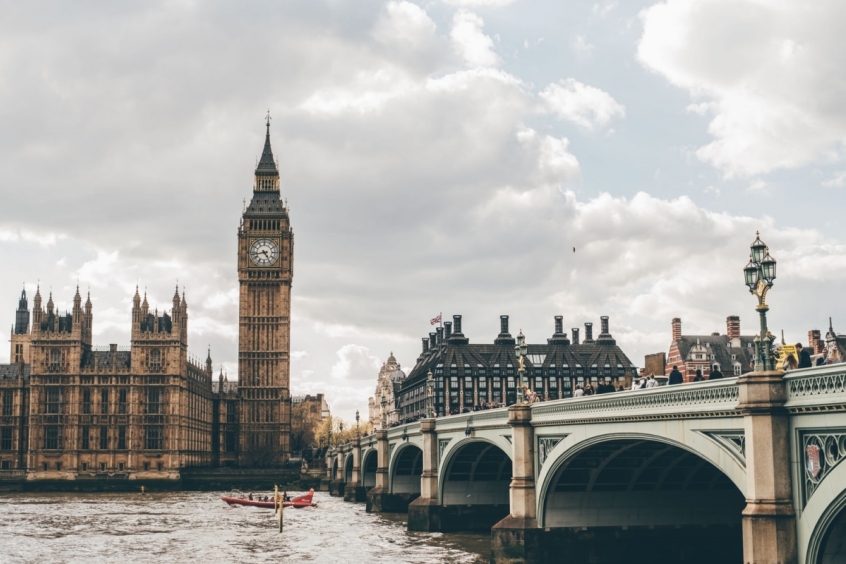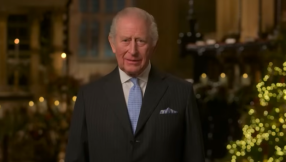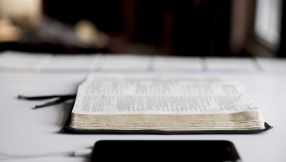
Pro-life advocates have expressed disappointment after the House of Lords voted 355 to 77 in favour of extreme abortion regulations for Northern Ireland.
Among those opposing the imposition of the new abortion framework was Baroness O'Loan, whose amendment urging peers not to back the regulations was defeated.
Speaking during the debate, she noted that the regulations had been rejected by the Northern Ireland Assembly and criticised the changes for failing to prohibit abortion on the grounds of sex and non-fatal disability, adding that they "perpetuate stereotypes towards persons with disabilities, including Down's syndrome" and "negative stereotypes and prejudices towards women".
"My Lords, these regulations apply only in Northern Ireland; we now have a functioning Northern Ireland Assembly. Abortion is a devolved matter," she said.
In closing remarks, she added: "I ask noble Lords to listen to the people of Northern Ireland and listen to our Assembly. Do not approve these regulations."
An open letter organised by Baroness O'Loan and Northern Irish MP Carla Lockhart calling for the regulations to be rejected has been signed by over 18,000 people.
Lord Shinkwin, who has brittle bone disease, also opposed the regulations, saying they had been framed "in such a way as to promote the stereotype that those with non-fatal disabilities are worthy of less protection in law than those who are not disabled".
The Bishop of Carlisle, James Newcome, spoke during the debate to criticise disability-selective abortion and express his support for Baroness O'Loan's amendment.
He said the Church of England was working "closely" with disabled campaigners like Heidi Crowter, who has Down's syndrome and has launched a legal bid to stop abortion discrimination.
"If we approve these regulations we will be in the contradictory position of declaring on the one hand that people living with disability are valued, respected and cherished, but on the other that any disability—which can be a very broad concept—in and of itself, and regardless of other considerations, constitutes an automatic ground for termination," he said.
Christian crossbench peer Lord Alton said Westminster had "yet again failed the people of Northern Ireland" as he called on pro-life constituents to make "urgent" representations to their MPs.
"The regulations fly in the face of devolution and ignore the overwhelming and united views of Northern Ireland's majority – manifested in polls and the recent vote of the Northern Ireland Assembly," he said.
Following the Lords debate, the regulations are now expected to be debated again in the House of Commons on Thursday.
Catherine Robinson, spokesperson for the Right to Life UK campaign group, said the outcome was a "huge disappointment", but added that she was encouraged by the larger number of peers who voted against the regulations on Monday night than did so in 2019, when only 37 peers opposed.
"This may indicate a change in momentum in the House of Lords with a large increase in the number of active pro-life peers in the House of Lords," she said.
"Thank you to the thousands of people around the country who have written to peers asking them to oppose these regulations.
"While we may not have been able to get the result we wanted tonight, your work helped get a far larger group of peers taking a pro-life position on these regulations.
"This provides an excellent starting point for building further support for positive pro-life changes to abortion legislation in the future."
In an open letter, the Presbyterian Church in Ireland has called on parliamentarians to reject the regulations, calling them "undemocratic, discriminatory, and detrimental to the flourishing of all in society".
"As Christians we not only believe that people are precious because they are made in the image of God," said the PCI's public affairs representative, the Rev Daniel Kane.
"We also believe in respecting each other. In the United Kingdom that means its different constituent parts respecting each other and affording each other proper constitutional due process, something that has been entirely absent in the development of this legislation."













